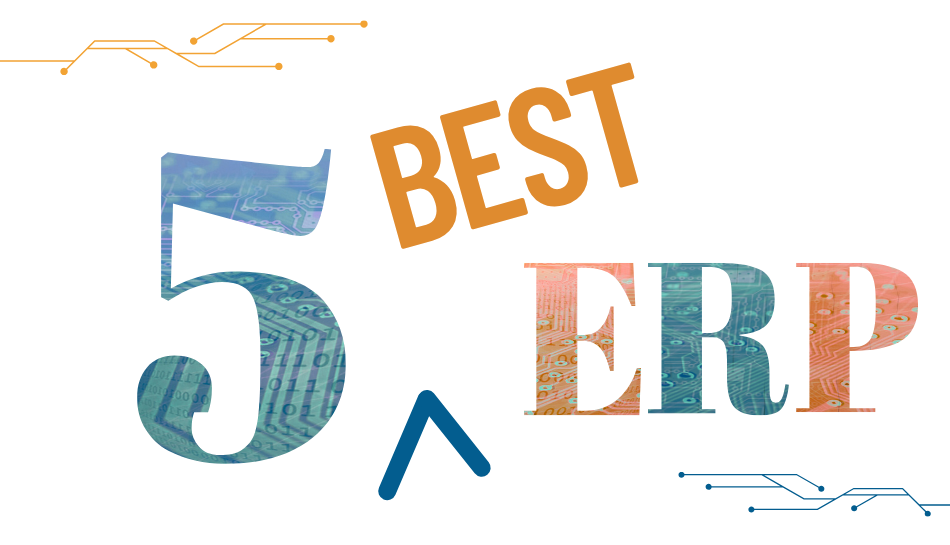
In 2025, businesses demand more than just automation from their ERP platforms. Today’s best ERP software brings together real-time data, cross-departmental workflows, and intelligent analytics to power faster, more accurate decisions. Whether you're a global enterprise or a scaling mid-sized company, choosing the right ERP system solution is essential.
Here’s our countdown of the top 5 ERP systems in 2025, ranked by innovation, adaptability, and business value.
5. Odoo
Best For: Startups and small-to-medium businesses (SMBs)
Why It’s Great:
Odoo offers a modular, open-source approach that helps businesses build only what they need. With over 40 pre-built apps covering finance, CRM, inventory, and HR, Odoo is ideal for budget-conscious companies looking for flexible ERP tools.
- Open-source ERP system development
- Easy to customize and expand
- Cost-effective for growing teams
It’s the perfect launchpad for businesses that want to grow with the software instead of outgrowing it.
4. Infor CloudSuite
Best For: Industry-focused manufacturing and distribution
Why It’s Great:
Infor CloudSuite stands out with vertical-specific capabilities across industries like automotive, food & beverage, and fashion. Built on the AWS cloud, it blends modern UI with predictive analytics.
- Role-based dashboards and workflows
- Smart supply chain tools
- Minimal custom coding required for industry adaptation
Infor’s ready-made ERP system solutions help reduce implementation time while keeping operations specialized.
3. Microsoft Dynamics 365
Best For: Companies already using Microsoft products
Why It’s Great:
Dynamics 365 seamlessly ties together ERP and CRM functions. With full integration into tools like Teams, Excel, and Power BI, it’s a strong choice for businesses that prioritize collaboration and cloud productivity.
- Scalable modules for operations, finance, sales, and HR
- Real-time insights powered by Microsoft AI
- Hybrid ERP system implementation option
It’s both flexible and familiar, which makes onboarding and adoption smoother across teams.
2. Oracle NetSuite
Best For: Fast-scaling companies and global mid-sized businesses
Why It’s Great:
NetSuite is a cloud-native ERP that handles everything from financials and supply chain to CRM and eCommerce. It’s known for its quick deployment and easy expansion as companies grow.
- Unified cloud platform
- Global tax and compliance support
- Custom workflows and reporting tools
With robust analytics and scalability, it’s one of the most popular ERP system solutions for agile enterprises.
Best For: Large enterprises and high-growth businesses seeking tailored
precision
Why It’s Great:
At the top of the list is Bigsun ERP, a platform redefining what customized enterprise software looks like in 2025. Designed to meet the unique challenges of Indian and global businesses, Bigsun focuses on deep personalization, easy scalability, and seamless integration.
- Tailor-made modules for finance, manufacturing, CRM, HR, and service
- Lightning-fast ERP system implementation with low-code configuration
- End-to-end compliance with Indian laws (including GST)
- Built-in analytics and real-time reporting for smarter decisions
With a strong focus on ERP system development flexibility, Bigsun empowers businesses to shape the software around their operations, not the other way around. Whether you're in manufacturing, media, logistics, or retail, Bigsun ERP offers unmatched control, insight, and efficiency.
Final Thoughts
Choosing the right ERP isn’t just about features, it’s about fit. From open-source startups to enterprise-grade giants, each platform on this list brings something valuable to the table. But for businesses that want tailor-made precision, easy scalability, and localized compliance, Bigsun ERP leads the way in 2025.